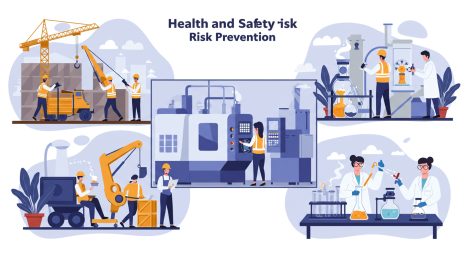With a mission to increase confidence in the textile and leather industry, the OEKO-TEX® Association has updated its test criteria, limit values and certification guidelines for 2025. These revisions have been shaped in light of the latest scientific research and legislative developments and will enter into force on April 1, 2025.
STANDARD 100: Organic Cotton Certification and BPA Limits
With the new regulations, the terms “non-GMO” or “organic” cotton will no longer be used in STANDARD 100 certification. Instead, organic cotton certification will be provided through the OEKO-TEX® ORGANIC COTTON standard. In addition, the limit value for Bisphenol A (BPA) has been reduced from 100 mg/kg to 10 mg/kg. This step aims to protect human health, as this chemical is often detected in textiles that come into direct contact with the skin.
LEATHER STANDARD Transparency in the Supply Chain
LEATHER STANDARD certification will increase transparency and traceability in leather supply chains. This aims to promote sustainability and responsible sourcing in leather production, as part of efforts to comply with the European Union’s Deforestation Regulation (EUDR).
ECO PASSPORT: Expanded Scope in Chemical Management
ECO PASSPORT certification has been updated to include commodity chemicals and biodegradability verification, expanding its scope in chemical management. This aims to more comprehensively assess the environmental and human health impacts of chemicals used in textile and leather production.
With these updates, OEKO-TEX® aims to increase reliability and promote sustainable practices in the textile and leather industry. The new standards aim to provide industry stakeholders with a safer and more transparent production process. To review the updated standards, visit OEKO-TEX




